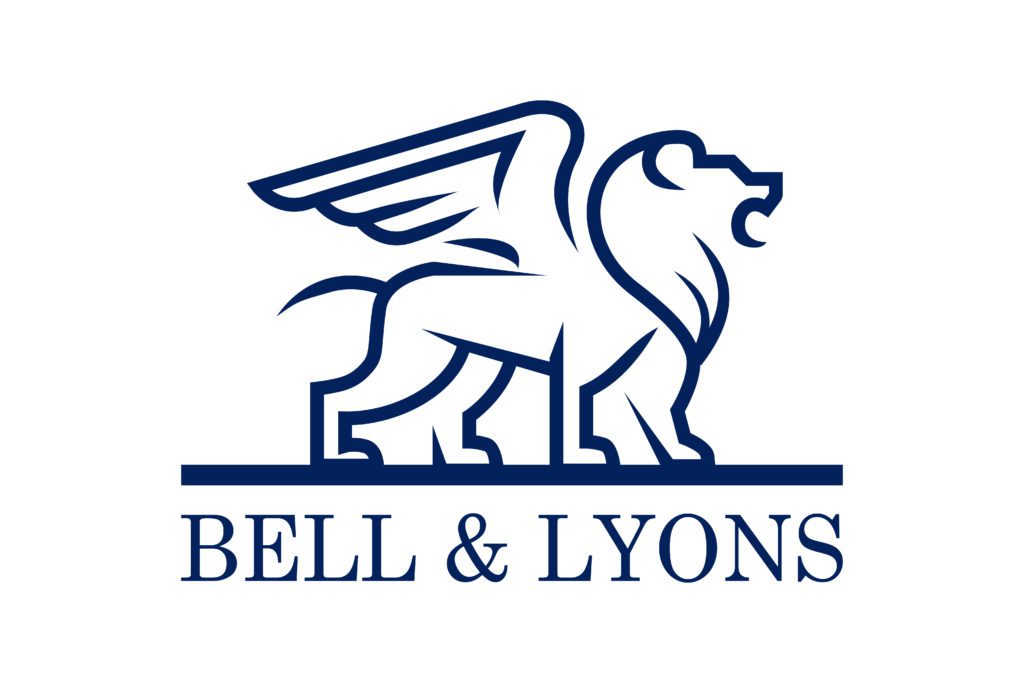
How to Fight Inflation with Life insurance in 2023?
Life insurance is a must-have for anyone who wants to have peace of mind in the event of their death. And while it’s true that life insurance is more than just an investment tool, it also offers tax advantages because it allows you to pay income tax on your premiums and not on the return from your investments. However, your decision on whether or not to get life insurance should be based on the type of policy you want and what kind of coverage level you need.
The question of life insurance vs inflation is something many people ask.
The question of life insurance vs inflation is something many people ask. Inflation is the rise of prices over time, and it can be a serious problem for retirees who rely on their savings to pay for basic expenses. Life insurance is an important part of any financial plan because it provides a financial safety net for your family in case you die prematurely and leave them without enough money to live comfortably on their own.
The question of whether or not you should buy life insurance depends on your situation: how old are you and what kind of health do you have? If you’re young and healthy, then getting some coverage would help protect yourself from unexpected medical costs later in life–but if there’s no chance that those will come up before retirement age anyway (i.e., if they’d happen after 65), then there’s no point in paying extra premiums now just so they’ll have an extra cushion when they reach 65+.
What is life insurance?
Life insurance is a contract between the policyholder and the insurance company. The policyholder pays premiums in exchange for a promise from the insurer to pay out death benefits if they die while their policy is in force. Life insurance can be used as an investment tool, but it also provides peace of mind by providing your family with financial security if something happens to you.
How does the cost of a universal life insurance policy work?
Unlike term life insurance, universal life insurance is a type of permanent life insurance policy that provides lifelong coverage. It uses a flexible premium and allows the policyholder to choose how much he or she wants to pay each month.
In addition to providing financial protection for your family, you can use this type of policy as an investment tool for retirement purposes.
Can I lower my premium without changing my coverage amount?
There are several ways to lower your premium without changing your coverage amount. You can:
- Increase your deductible. This will reduce the cost of the policy and make it less expensive, but it also means that you’ll have to pay for more of the medical expenses yourself before insurance kicks in.
- Choose a policy with a higher interest rate or longer term (whichever is appropriate for you). These options will increase your monthly cost of living, but they may be worth it if they mean paying less overall over time–for example, because you are able to afford higher payments each month rather than having them accrue interest until the next payment is due or because some other form of savings is available at this point in time (like an emergency fund).
What happens when the policyholder dies?
After the policyholder dies, the money in your life insurance policy can be used to pay off debts or to help with funeral costs. It can also be used as inheritance for your loved ones.
You have a few options when it comes time to claim your death benefit:
- You may elect for your beneficiaries (whoever you named on the application) to receive all of it at once or in installments over time.
- If there is no beneficiary listed on file and none has been designated by law (for example, if no will exists), then probate court could decide who should get what portion of this asset and when they should receive it–and this process could take several months or even years before any money reaches its rightful owner(s).
Why do people choose not to buy life insurance?
- People are worried about the cost.
- They don’t think they need it.
- They don’t understand how it works and don’t know how much coverage they need, especially if they are young or in good health and feel like they have many years ahead of them to save money for retirement or their children’s education expenses later on in life (which is a common misconception).
- They think that since life insurance has a high up-front premium, then there must be some kind of catch with these policies–that somehow this payment will go down over time as opposed to going up when inflation kicks in–but this isn’t true at all! Inflation does not affect your premiums; only increases in age do so (which is why older people pay more than younger ones).
Life insurance can be an important financial tool in your retirement plan.
Life insurance is a financial tool that can help you meet your goals and protect your family’s financial future.
Life insurance can be used to fund a trust or pay estate taxes, but it’s most commonly used as an investment vehicle for retirement planning. If you have life insurance proceeds left over after paying off debts and other expenses, the money may go into an IRA account or other investments. Life insurance also provides peace of mind by ensuring that if something happens to you, there will be funds available for loved ones’ living expenses while they adjust to their new circumstances without having them worry about things like medical bills or funeral costs on top of everything else they’re dealing with at this difficult time in their lives.
Conclusion
The cost of life insurance is something that many people worry about. The good news is that there are ways to lower your premium without changing your coverage amount. If you’re interested in learning more about how life insurance works and whether it’s right for you, contact us today!






